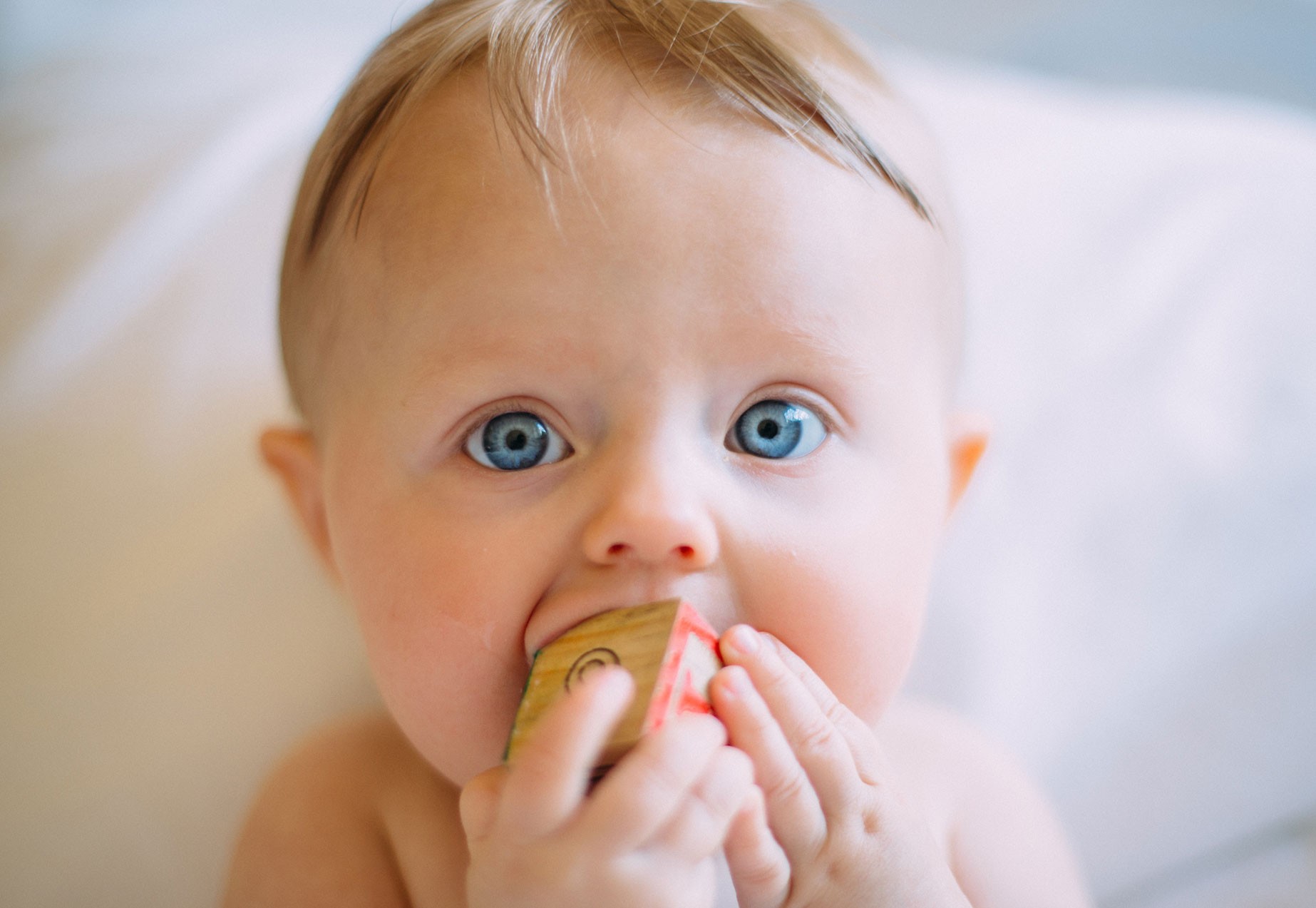With how stressful teething can be, it’s understandable that patients turn to soothing products that will help their infant feel more comfortable. But some of these products come with a big warning label. The FDA recently released a statement about the use of a certain substance in homeopathic teething tablets and gels. The substance in question is belladona, a toxic plant that can lead to health problems for infants. The release warned both parents and healthcare providers, asking that providers make their patients aware of this risk.
If you have a teething child and are hoping to navigate teething products safely, keep reading for more information. And if you’re ever unsure about what’s best for your baby’s teeth and gums, get in touch for expert guidance.
Problematic Teething Tablets - What to Avoid
Products containing inconsistent amounts of belladonna have been marketed by several homeopathic medication companies. The ones the FDA investigated were marketed by CVS and Hyland’s. The primary issue with these products was not that they contain any belladonna, which can be used safely in small doses. But some of the products were found to contain far more belladonna than the amount listed on the label.
CVS has agreed to perform a voluntary recall of its products. But Hyland’s manufacturer has not, so these products are still on the shelves.
Something that’s always important to remember about homeopathic products is that they have not been evaluated or approved by the FDA. There is not a proven health benefit for these products, and the risks have not been fully explored or researched.
Risks Associated with Excessive Belladonna
Children under 2 years of age have unpredictable responses to belladonna, so there is unnecessary and unsafe risk involved with these teething tablets. The FDA & ADA advise that parents seek medical care immediately if a child using homeopathic tablets or gels experiences:
Other Teeth Products to Avoid
The FDA also recommends that parents not give their children products containing benzocaine unless they have been specifically prescribed or recommended by a healthcare professional. Exposure of this over-the-counter anesthetic to children has been associated with a rare but dangerous condition called methemoglobinemia. This causes the amount of oxygen carried by the blood stream to be reduced.
Bezocaine is usually marketed under the product names Anbesol, Orajel, Baby Orajel and Orabase.
Safely Soothing a Teething Child
Teething can typically be handled at home, but you should get in touch with your child’s doctor if your baby seems especially uncomfortable or has symptoms that indicate an illness (like a fever).

